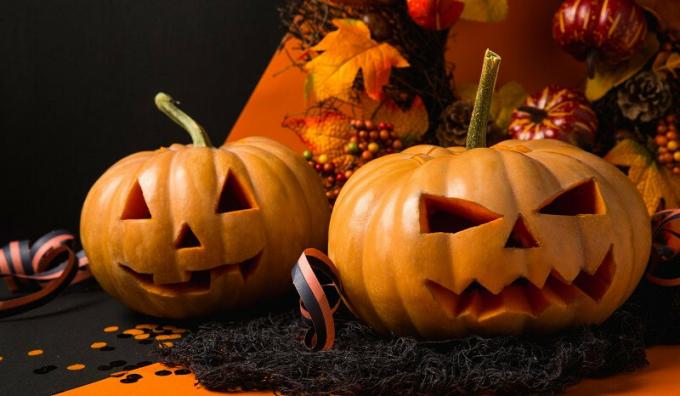Psychology and Halloween: a terrifying emotional experience?
Although Halloween is a festival of Celtic origin that is celebrated on the night of October 31, mainly in the United States, Canada, the United Kingdom Kingdom and Ireland, practically everyone knows it, and like many other festivals, in Spain it has arrived to establish itself little by little every year.
Basically, this party combines, on the one hand, visual elements (especially costumes) related to the emotion of fear and, on the other hand, sweets and treats, associated with pleasure. In addition, laughter and humor are favored as contrasting emotions with fear, since we know that the "terrifying" costumes are actually false. And it is that, as a way of feeling life, human beings actively seek emotional reactions.
The costumes also allow us to hide physical characteristics, give anonymity to our behaviors and assume a new identity for one night. to enjoy, which can generate a sensation of liberation of emotions, feelings and desires that taboos, norms and social customs tend to repress, which could provide us with a mitigating effect on our stress levels daily.
Also, we usually don't dress up to sit alone at home, but rather to elicit a response from others, as the costume we choose is often say something about us, in addition to requiring imagination and creativity, so we could consider costumes as a means of communication and connection social.
- Related article: "What is Cultural Psychology?"
Halloween and the Psychology of Fear
The emotional response to fear can be very different from one person to another., in certain situations such as Halloween or watching a horror movie, some may find fear funny, even stimulating, while other people react negatively and try at all costs to avoid situations that cause them fear.

However, fear is a natural human emotion and an essential survival mechanism. Faced with a dangerous or threatening situation, we feel fear, which warns us of imminent physical or psychological damage. Our brain reacts biochemically by secreting dopamine automatically, which prepares us physically to “fight or flight” (sweating, increased heart rate…).
However, our brain also secretes dopamine in stimulating situations, activating our reward system, intimately. related to happiness, which is why some people experience a certain type of "almost addictive" excitement when faced with situations terrifying. Thus, when the emotion of fear is linked to security awareness, such as Halloween, we tend to enjoy it.
- You may be interested in: "What is social psychology?"
What about the fear of children on Halloween?
During the first years of life, a great variety of situations can generate fear in children (darkness, monsters, nightmares...), which are usually of an evolutionary and adaptive type, since they have a function protective. That is to say, when experiencing this type of unpleasant sensations at a low level, develop a learning and survival function that teaches them to withdraw from dangerous situations.
Being aware and knowing that there is an emotion called fear is the first step in learning to manage it. Thus, Halloween represents a great opportunity for the fears of our little ones to come to light in a context of security, since they know that the costumes and masks are not real, which is why they generate neutralized fear reactions and tolerable.
Besides, Laughing at what scares them and accompanying it with sweets can also be helpful in learning to cope with the emotion of fear. and bear fear without suffering it. However, it is important not to force the children, to measure properly and not to exaggerate the pranks and scares.
For one day, let's accompany our little ones in their scary experiences with lots of laughter and sweets.

